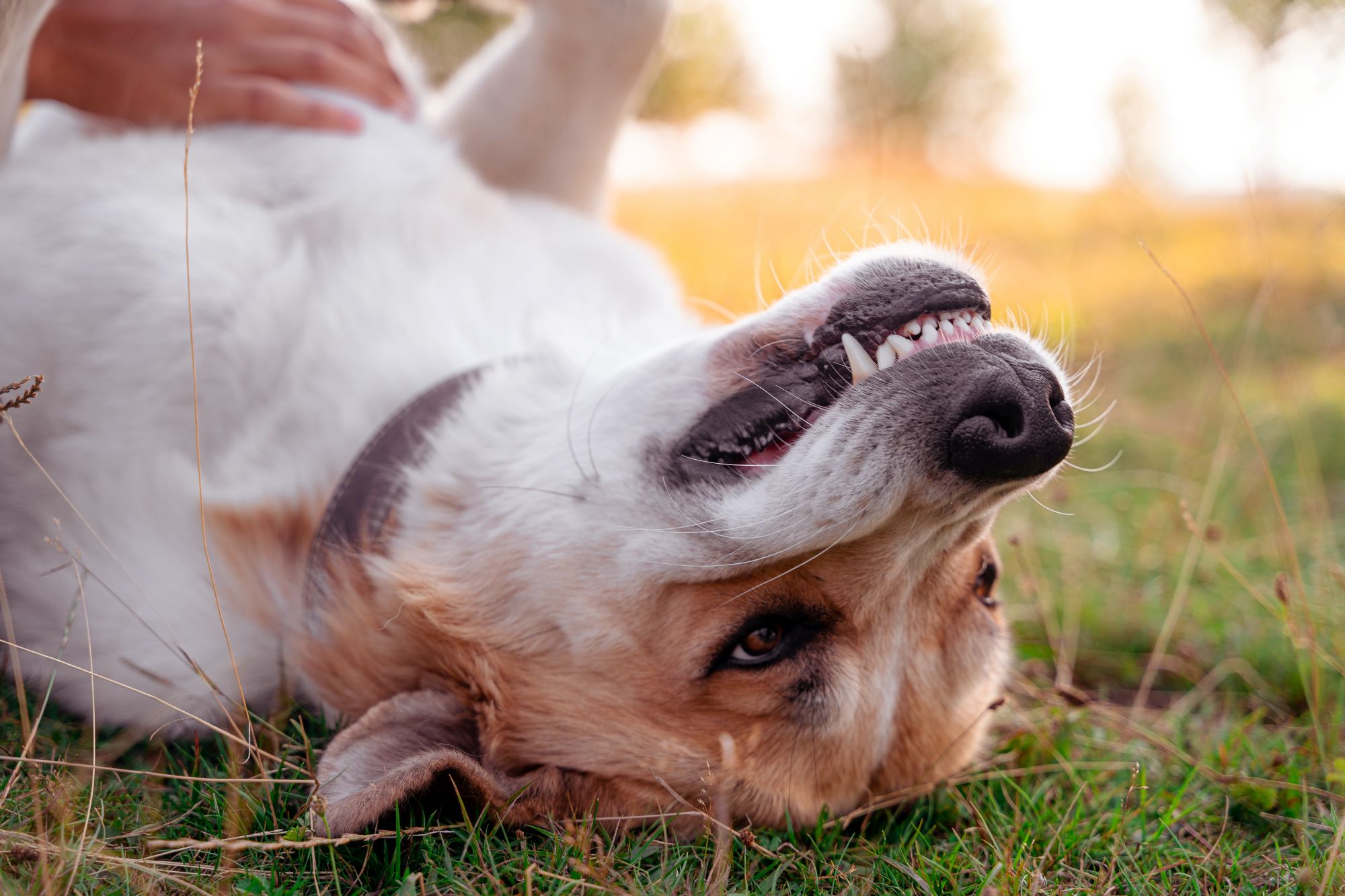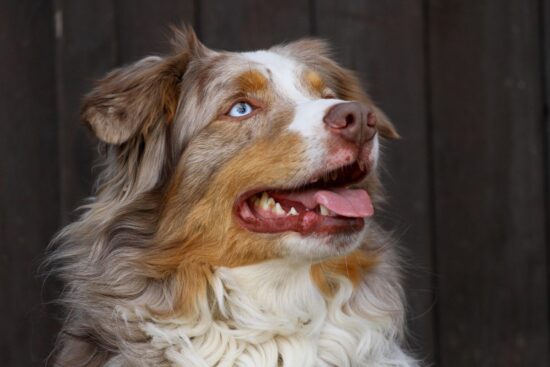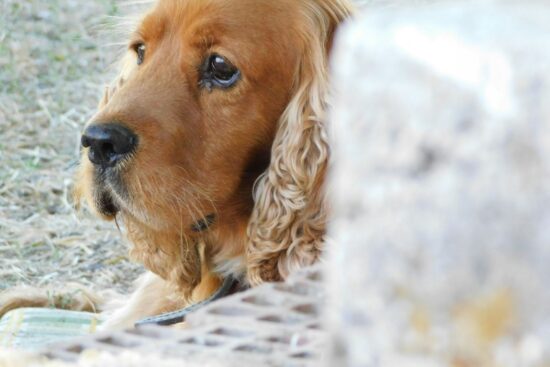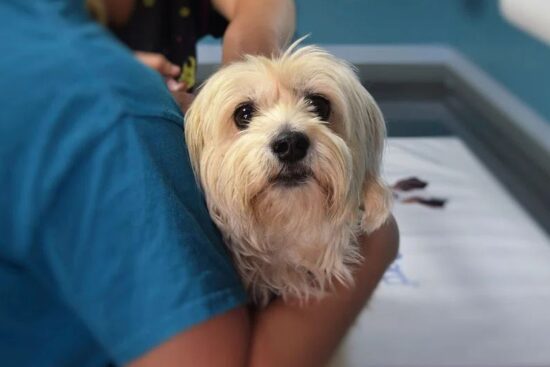
As pet owners, we cherish the sight of our furry companions’ joyful smiles. However, beneath those adorable grins lies a crucial aspect of their overall health – dental care. Just like humans, dogs require regular dental hygiene to maintain healthy teeth and gums. In this blog post, we will explore essential tips to ensure your canine friend enjoys a bright and healthy smile, while also preventing dental issues that could impact their overall well-being.
Regular Dental Check-ups
Just as you schedule regular dental check-ups for yourself, it’s essential to do the same for your dog. Regular visits to your veterinarian will allow for professional dental exams and cleaning. Your vet can detect any dental issues early on and provide appropriate advice or treatment.
Related Article: Dental Care for Pets – American Veterinary Medical Association (AVMA)
Brushing Your Dog’s Teeth
Brushing your dog’s teeth is an effective way to remove plaque and prevent tartar buildup. Use a soft-bristled toothbrush and dog-specific toothpaste (do not use human toothpaste, as it can be harmful to dogs). Aim to brush your dog’s teeth at least 2-3 times a week, or as recommended by your veterinarian.
Related Article: How to Brush Your Dog’s Teeth – American Kennel Club (AKC)
Dental Chews and Toys
Providing dental chews and toys can help keep your dog’s teeth clean by reducing plaque and promoting healthy gums. Look for products with the Veterinary Oral Health Council (VOHC) seal, as they meet specific standards for dental effectiveness.
Healthy Diet
A balanced and nutritious diet is essential for your dog’s overall health, including their dental well-being. Opt for high-quality dog food that supports dental health. Additionally, avoid feeding them sugary or starchy treats, as these can contribute to dental issues.
Related Article: The Best Food for Your Dog – American Society for the Prevention of Cruelty to Animals (ASPCA)
Be Mindful of Warning Signs
Monitor your dog for any signs of dental issues, such as bad breath, excessive drooling, red or swollen gums, difficulty chewing, or changes in eating habits. If you notice any of these signs, seek veterinary attention promptly.
Caring for your dog’s dental health is crucial for their overall well-being and can prevent dental problems that might lead to pain or discomfort. Regular dental check-ups, brushing their teeth, providing dental chews and toys, maintaining a healthy diet, and being vigilant for warning signs are all essential components of an effective dental care routine.
By taking proactive steps to ensure your canine companion’s dental health, you can keep their smile bright and healthy for years to come. Remember, a happy and healthy mouth means a happier and healthier dog!
Resources:




















